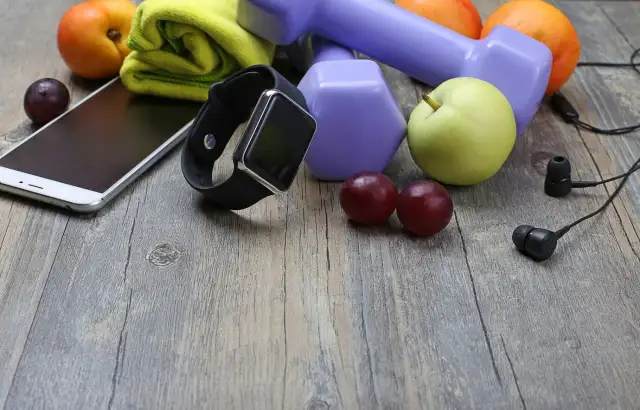Health Gadgets: What Really Helps and What’s Just Marketing

As interest in wellness rises, the market is awash with devices and technologies that promise to improve or monitor your health. From smartwatches to sleep trackers and countless apps, consumers face an endless array of choices. Just as casino enthusiasts hunt for the best platforms and experiences, health-minded shoppers want tools that deliver genuine value rather than empty marketing promises.
Recent studies and statistics show the personal-health-device market growing at unprecedented rates, driven by heightened health awareness and rapid tech advances. Arabic users are part of this trend, too: Arabic casinos online(كزينو) and similar platforms now promote holistic healthy lifestyles, including modern tech for tracking health indicators. But the key question remains: which gadgets truly help, and which are merely hype?

Health Devices with Proven Benefits
Fitness watches are among the most widespread — and useful — health gadgets. They monitor heart rate, step count, and activity levels, providing data that is relatively reliable. A study in the Journal of Contemporary Sports Medicine found that regular users of activity trackers increased their daily activity by an average of 27 %.
Digital-health specialist Dr. Salma Al-Khatib explains, “The strength of these devices lies in motivating users and boosting awareness of their activity levels. Continuous monitoring leads to positive behavioral changes for most people.”
Accuracy is the flip side of this technology. While most smartwatches give reasonably precise heart-rate and step data, other metrics — such as calories burned or sleep quality — are often less exact. Treat these numbers as general indicators, not precise medical measurements.
Home Blood-Pressure and Glucose Monitors
Home blood-pressure cuffs and glucometers mark real progress in personal care. People with hypertension or diabetes can track their condition regularly without clinic visits.
Cardiology consultant Dr. Omar Rashid notes, “Medically approved home blood-pressure monitors provide accurate readings that doctors can trust when following patients and adjusting treatment.” He adds that these devices have significantly improved outcomes, especially for those far from medical centers.
Still, consumers should choose medically certified devices and have them calibrated periodically. Experts also advise taking readings under consistent daily conditions for comparable data.
Devices with Limited or Unverified Value
Body-fat scales and BMI analyzers are common but face accuracy concerns. They send a weak electrical current through the body and measure resistance — a method influenced by hydration, time of day, and other factors.
Nutritionist Huda Mahmoud says: “These devices can show general trends in body composition over time, but they’re not as precise as the specialized equipment you find in clinics. Readings can vary widely depending on conditions.”
Their real worth may lie in tracking long-term changes rather than absolute numbers. Consumers expecting pinpoint accuracy — especially given the high price of some advanced models — may be disappointed.
Energy Bracelets and Magnetic Bands
Near the top of the marketing-over-science list are energy bracelets and magnetic wristbands. They claim to improve balance, raise energy, and ease pain, but scientific studies have not confirmed these effects.
Medical-physics professor Dr. Fadi Suleiman states, “There’s no scientific basis for these claims. The weak magnetic fields produced by such bracelets can’t affect blood flow or body energy levels as marketers suggest.”
Some users may feel better thanks to the placebo effect, but it’s important to recognize that these products lack solid scientific backing.
How to Choose Health Gadgets with Real Value
When shopping for health tech, follow these guidelines to separate useful tools from pure marketing:
- Look for official certification from recognized health authorities—especially for devices that measure critical indicators like blood pressure or glucose.
- Question exaggerated claims such as “solves every health problem” or “guaranteed instant results.”
- Seek independent scientific studies supporting the device’s benefits—don’t rely solely on testimonials or manufacturer-funded research.
- Consult medical professionals before investing in pricey devices, particularly if you’re managing a specific condition.
Electronics-store sales manager Imad observes, “Many buyers rush to grab the latest health gadgets without considering their actual needs. It’s better to define your goal first, then find the right device.”
With marketing noise and social-media buzz, distinguishing between truly helpful gadgets and inflated claims can be tough. Yet an informed consumer can make smarter choices by seeking scientific evidence, official approvals, and expert advice — rather than following flashy ads.











